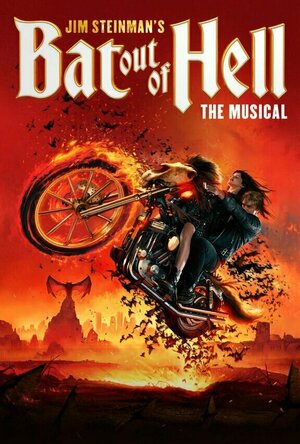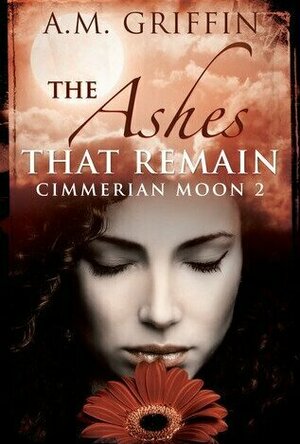ClareR (6054 KP) rated The Betrayals in Books
Dec 14, 2020
So what IS The Betrayals about? Well, betrayal, actually. Everyone is backstabbing and lying to everyone else in this book, and they’re lucky if they live to regret it. It’s the cloistered version of Dallas (with less sex)! I loved it. This was a hard book to put down, and one I steamed through far too quickly. This ticks a lot of boxes for me: historical fantasy (double whammy straight away), a mystery to solve, dystopian and a smattering of magical realism. I’m glad it looks like a book that could have a sequel - even if it never as one. It leaves the reader able to make up their own next moves (yes, I do that).
Huge thanks to the publisher for providing me with a NetGalley copy of this book - it was one of my reading highlights of 2020.
Andrew Thomas (363 KP) rated The Purge (2013) in Movies
Aug 12, 2020 (Updated Aug 19, 2020)
For starters, we have quality actors like Ethan Hawke and Lena Headey that portray two seemingly unsympathetic and unrelatable rich yuppies. But eventually they prove themselves to be resourceful and in possession of some morals...unlike the crazies outside who actively celebrate The Purge.
While the very notion of The Purge is outlandish and unrealistic in our own society, the writer/director does an amazing job grounding it in reality and making it appear to be possible. It also forces you to ruminate about yourself and what you would be capable of doing if you could behave however you wish without consequences. It also makes you take a closer glance at your friends and neighbors, forcing you to ruminate about how they might act during The Purge.
The only complaint I have is that the film throws alot of lore at you without any explanation. For example, the emergency broadcast alert that announces the commencement of The Purge includes the quote "blessed be our New Founding Fathers and America, a nation reborn" First time I saw this part I said "I don't like the sound of that" Who were these New Founding Fathers? What the hell has happened to America where The Purge is now the new normal?
In conclusion, The Purge restored my enthusiasm for modern horror and captured my imagination. I highly recommend it to anyone who is interested in ultra violent crime thrillers or dystopian future stories.
Ollie SB (2279 KP) rated A Bat out of Hell: The Musical in Dominion Theatre (London, United Kingdom) in Shows
Aug 14, 2020
Written by Jim Steinman, who also wrote the original album 'Bat Out of Hell' (one of the greatest albums ever btw) this show tells the story of... well it's kinda confusing... basically, two 18 year olds that fall in love, even though the parents forbid it... but the characters are all stuck at age 18 and never age... and it's set in some post-apocalyptic, dystopian future... yeah like I said, confusing. But as I said, I didn't really see this show for the story, it was the music that carried me through this show.
The story is... okay, but the music is brilliant. It offers a slightly different take on classics such as 'Bat Out of Hell', 'Paradise by the Dashboard Lights' and 'Heaven Can Wait' amongst others. The songs really help you to understand the story a bit better, and are performed brilliantly by the cast.
Overall I would say this show is probably perfect for fans of Meat Loaf, but perhaps lacking in story for avid theatre goers. For someone like me who isn't that invested in theatre culture, but appreciates the music, this show was perfect.

Future Home of the Living God
Book
'Erdrich is one of the greatest living American writers' Guardian Louise Erdrich, the New York...
fantasy science fiction

Outliers (The Outliers #1)
Book
In the dusty ruins of the world, three groups exist: the Sovereign, the Fortis, and the Outliers....
Dystopian New_Adult Romance
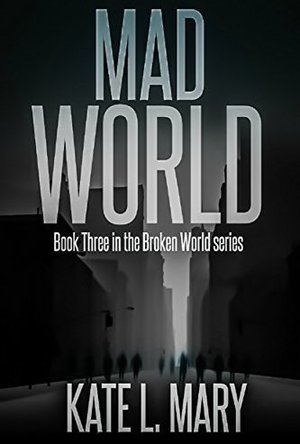
Mad World
Book
Mad World is the third book in the Broken World series, which follows a group of survivors after a...
Post Apocalyptic Apocalypse Dystopia Dystopian Zombies
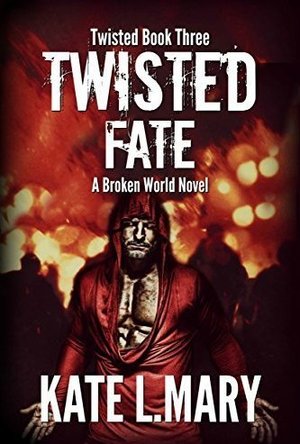
Twisted Fate
Book
The world Megan James thought she knew has been slowly unraveling. Her father disappeared and was...
Post Apocalyptic Apocalypse Dystopia Dystopian Zombies
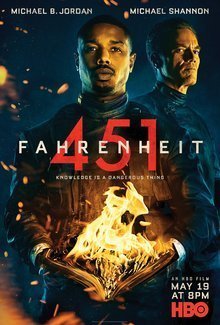
Fahrenheit 451 (2018)
Movie
In the future, after a second civil war, most reading in America is confined to the Internet, called...
dystopian future
Merissa (13696 KP) rated The Ashes That Remain (Cimmerian Moon #2) in Books
Apr 7, 2023 (Updated Apr 10, 2023)
Sinta has grown up a lot in the time gone by since the first book. She doesn't hesitate to put her hand up to go 'outside' to find other survivors although Wade has a few words to say about this. The action that continues in this book is gripping and full on - you never feel that anything isn't happening for a reason though which makes it wonderful to read.
I won't give any of the story away except to say that it had me holding my breath in places as I read as fast as I could to find out what the result was. An absolutely brilliant, breathtaking venture into Sinta's dystopian world. This is a five-star series and I can't wait for In Danger's Embrace, book 3, to be released hopefully in October.
* A copy of this book was provided to me with no requirements for a review. I voluntarily read this book, and the comments here are my honest opinion. *
Merissa
Archaeolibrarian - I Dig Good Books!
August 3, 2016


